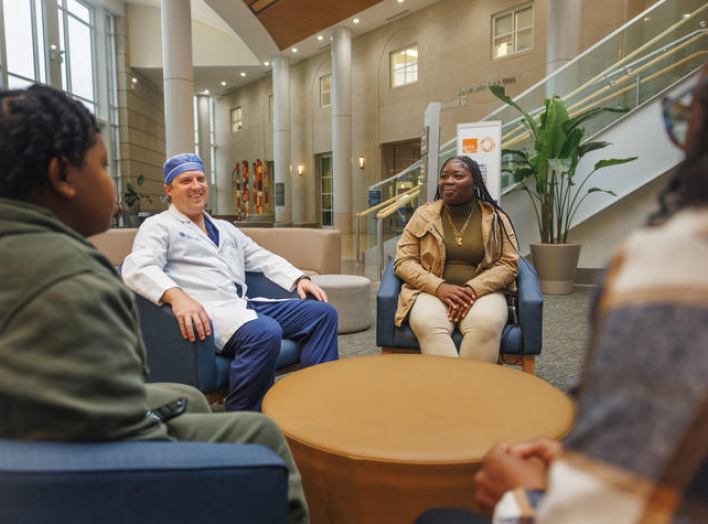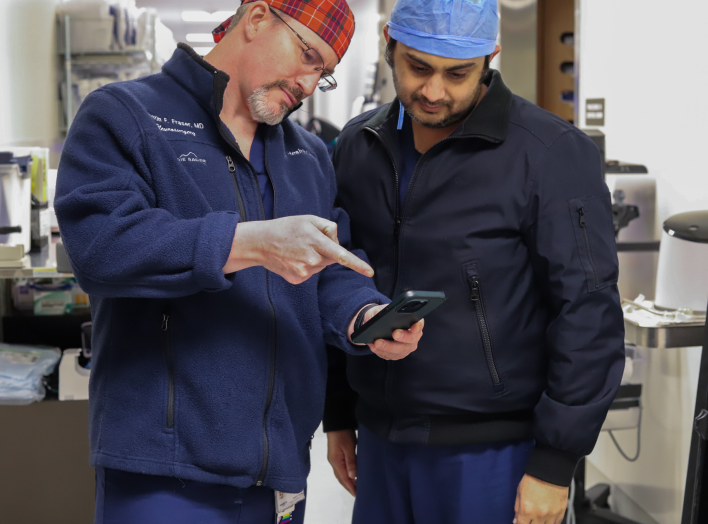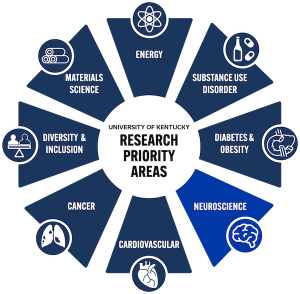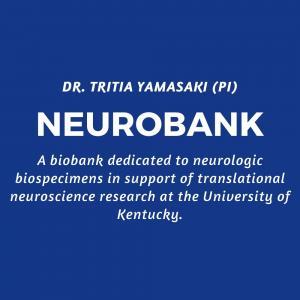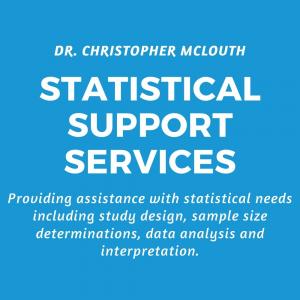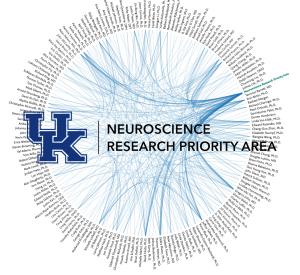
The Neuroscience Research Priority Area (NRPA) supports a "collaborative matrix," bringing together diverse groups of investigators, trainees, and research groups from across the University. The impressive depth of neuroscience expertise at UK combined with an engaged community has led to a dynamic and exciting research environment. In support of its mission to develop initiatives that reinforce and promote that success, the NRPA’s guiding strategy is to provide broad-based support to neuroscience researchers across the university.
Join the NRPA!
We welcome new/experienced research collaborators to join the Neuroscience RPA team.
The Latest in Neuroscience at UK
Caring for the caregiver: UK neurology helps patient overcome rare condition
"In 2019, Tiona Stevenson realized she didn’t feel like herself."
"Luckily, David Dornbos, M.D., was on call the day that Tiona came to the emergency department at UK Albert B. Chandler Hospital after her grand mal seizure. Dornbos, a neurosurgeon at UK HealthCare's Kentucky Neuroscience Institute, was able to quickly diagnose what was wrong: Tiona had an arteriovenous malformation, or AVM, an abnormal connection between arteries and veins that not only causes seizures but also produces a high hemorrhage risk and abnormal blood flow."
Goldstein selected to help lead statewide task force addressing heart disease and stroke
Larry Goldstein, M.D., chair of the University of Kentucky Department of Neurology, has been selected to serve as co-chair of The Kentucky Heart Disease and Stroke Prevention (KHDSP) Task Force representing stroke systems of care across the state.
AI helps bring vital stroke care ‘virtually to the patient’s bedside’
Justin Fraser, MD, and his University of Kentucky colleagues have a phrase they frequently use to convey the urgency of their care: “Time is brain.”
That is because in their role as stroke doctors, every second counts.
For example, Dr. Fraser said that if a patient has a large vessel occlusion, an obstruction of one of the larger arteries in the brain, the patient is losing 2-3 million neurons per minute on average. The need for urgent stroke care is dire, as it is the fifth-leading cause of death and a major cause of disability in the U.S., according to the American Stroke Association.
